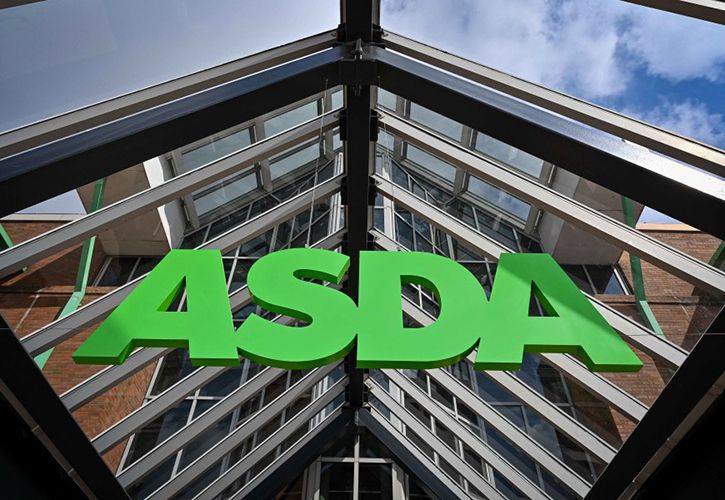UK DIY News
Asda: Household Spending Power Slows For Fifth Consecutive Month

The latest figures from the Asda Income Tracker reveal that UK households saw a continued slowdown in spending power growth in May, marking the fifth consecutive month of deceleration.
The Tracker, which measures discretionary income after taxes and essential spending, rose by £9.19 per week compared to May 2024 – an annual increase of 3.8%, down from 4.5% in April. This is the third month in a row where annual growth has remained below double digits.
The slowdown was more pronounced for low-income households, with discretionary income falling to its lowest level since June 2024. These households were left with a shortfall of £74 between what they earn and what they spend on bills and essentials.
This means the lowest-earning 40% of households still have less spending power than they did in 2021, when the cost-of-living crisis began.
While annual inflation, as measured by the Consumer Prices Index (CPI), eased slightly from 3.5% in April to 3.4% in May, underlying financial pressures remain for these households.
Rising costs for household essentials, partly driven by increases in employer National Insurance contributions and the National Living Wage, have offset any potential relief.
Looking ahead, inflation is expected to remain above the Bank of England’s 2% target, fuelled by high energy prices. At the same time, a softening labour market is likely to slow income growth, particularly for lower-income groups.
In stark contrast, higher-income households - which make up 40% of UK households - appear largely insulated from these challenges, with their spending power continuing to improve. These households now enjoy more discretionary income than they did before the crisis, driven by their gross income growth continuing to outpace deductions.
The highest earning households recorded the largest monthly increase, with discretionary income rising by £4.80 to £902 per week - highlighting the sharp contrast with the financial pressures faced by the lowest-income households.
Reacting to this month’s Income Tracker, Sam Miley, Head of Forecasting and Thought Leadership at Cebr, said:
“There were marginal improvements in the Income Tracker in May, but households remain worse off than earlier in the year. Their spending power is being eaten up by elevated energy bills and rising food price inflation. These effects are particularly stark amongst low earners.
“Looking ahead, inflation is expected to remain elevated for some time, presenting a continued risk to the spending power outlook. Nevertheless, continually robust earnings growth will continue to support households.”
Asda remains committed to supporting families by delivering outstanding value both in stores and online by consistently inflating behind the market. More than a third of its range - around 10,000 products - has now undergone a Rollback cycle and are at a new, lower Asda Price.
The Which? Big Shop comparison has named Asda the cheapest supermarket every month in 2025, with their latest report showing Asda as £10 cheaper than the next nearest supermarket, even with a loyalty card.
You can view this month’s Tracker, here.
Source : Asda
I find the news and articles they publish really useful and enjoy reading their views and commentary on the industry. It's the only source of quality, reliable information on our major customers and it's used regularly by myself and my team.











































